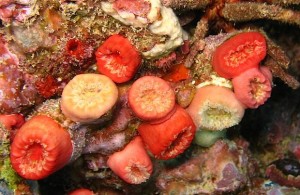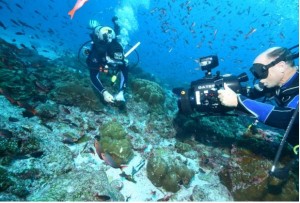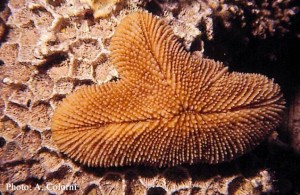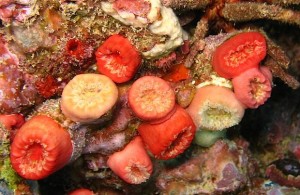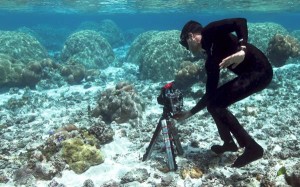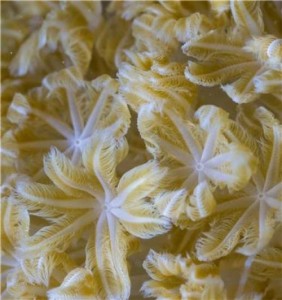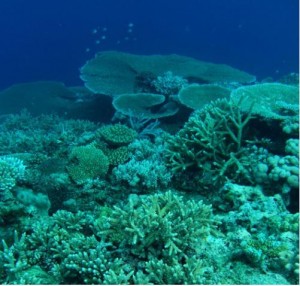
A new study by the NOAA has recently found that the pollutants in the sediments of Guánica Bay, Puerto Rico when measured were in the category of the highest concentration of PCBs, chlordane, chromium and nickel. They have announced that this is the highest level of pollution to have ever been found in the history of NOAA’s National Status &… [Read More]

